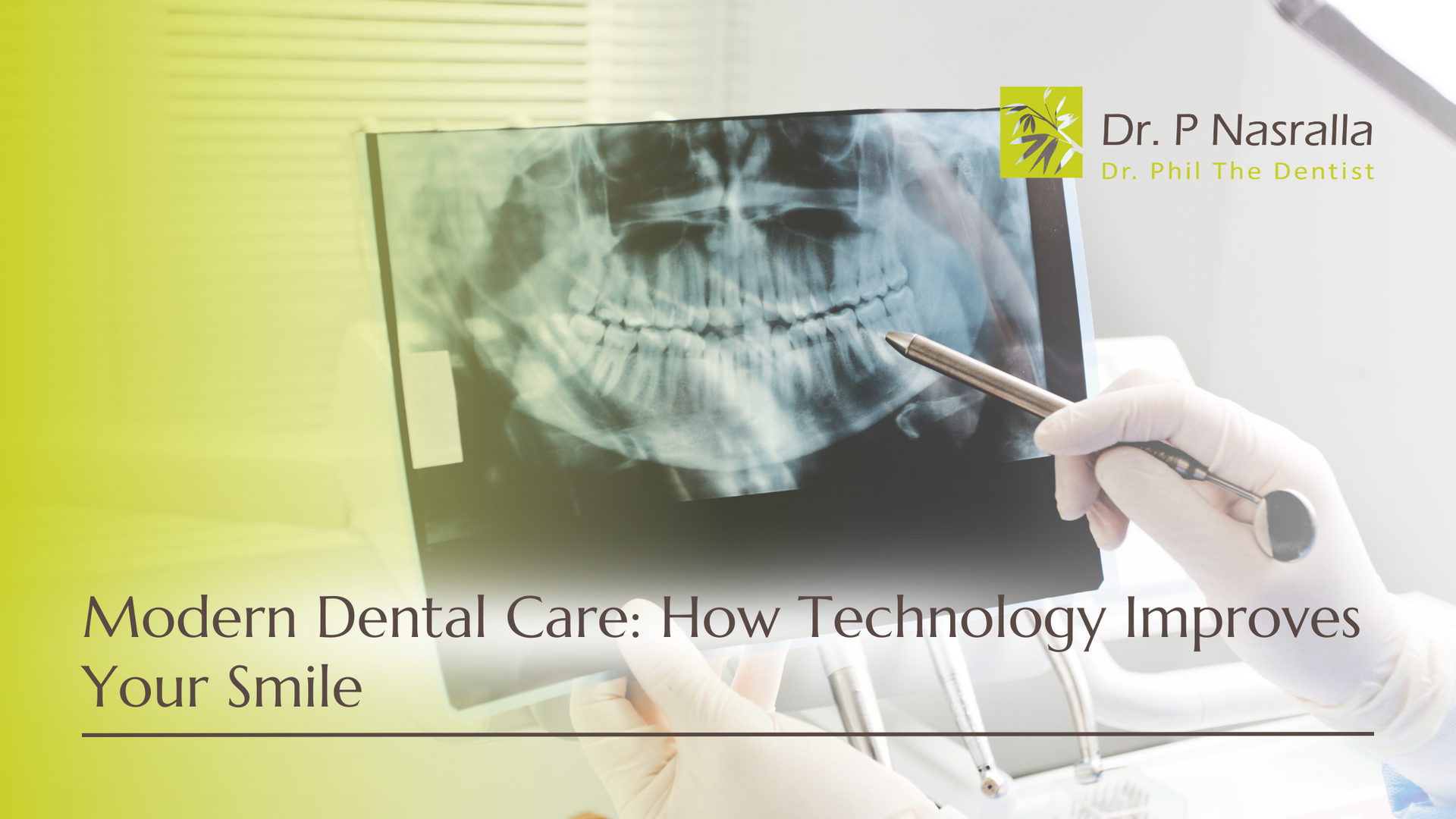Why Plaque Build-Up Happens and How to Stop It in Comox, BC
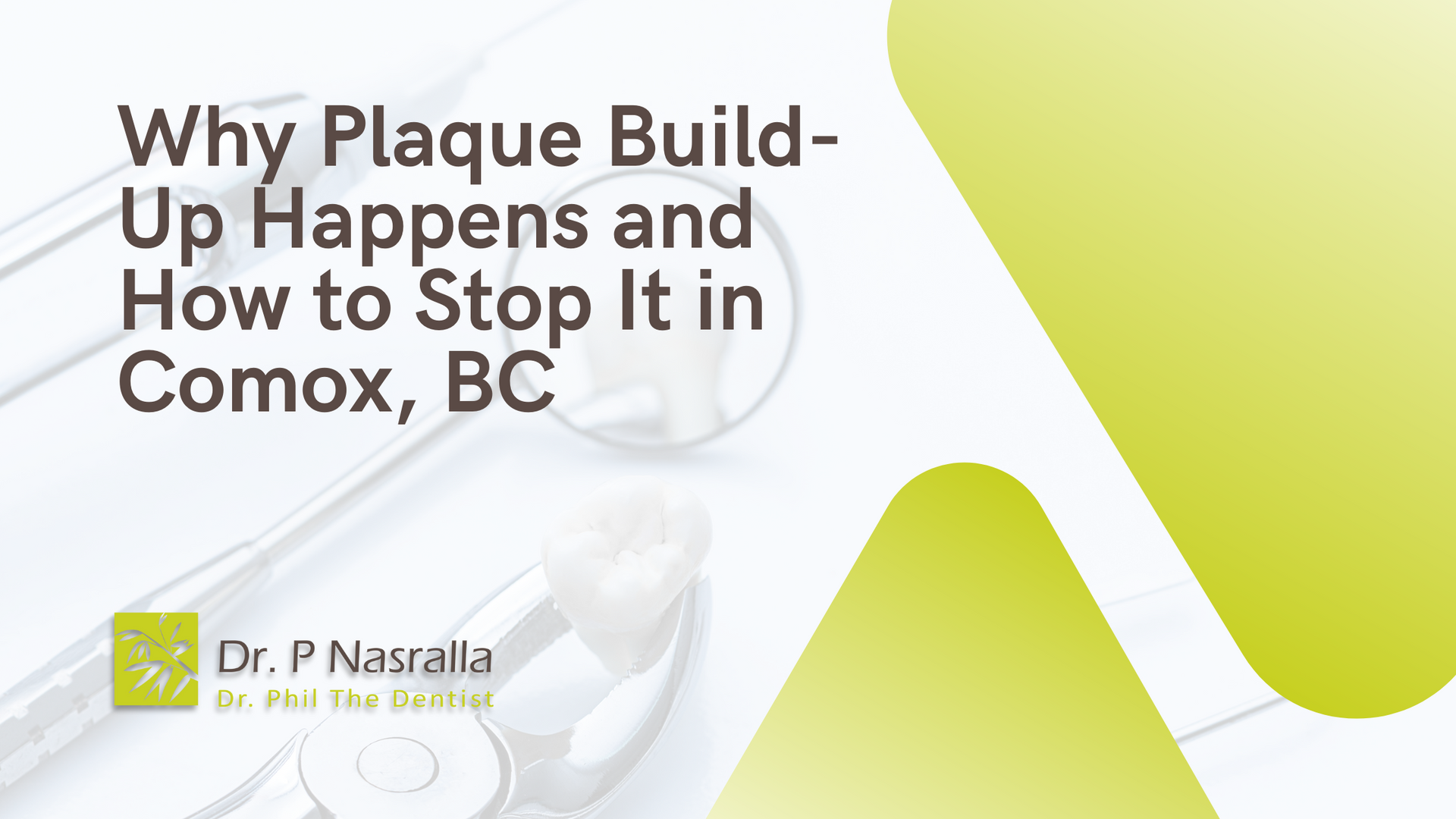
Source: Dr. Marketing
Everything we eat, drink, and consume progressively adds to the bacteria in our mouths, forming dental plaque. Plaque, a sticky white substance, creates a film over our teeth. It is produced by sugars, starches, saliva, and food particles, leading to bacterial growth in the oral cavity. Our bodies naturally create bacteria in the mouth, both good and bad. The healthy oral bacteria help break down food and kill harmful bacteria by generating proteins to control bad bacteria. Despite this, bad bacteria can still occur, causing plaque build-up, bad breath, and tooth decay. Bad bacteria thrive in environments with high plaque and tartar levels. Plaque and tartar develop along the gumline, in front of and behind the teeth, and even below the gums on the tooth roots, which can break down tooth bones. This happens if teeth are not brushed after eating, as bacteria and acids create a plaque layer. Dental plaque feels like a thin layer of fuzz on the teeth, noticeable when running the tongue along them.
Plaque build-up is a common issue faced by many individuals, and understanding its formation and effects can significantly improve oral health. Our team at Dr. Phil The Dentist is dedicated to educating patients about the importance of maintaining oral hygiene to prevent plaque and its related issues. By being proactive in dental care, one can avoid the complications that arise from plaque build-up.
WHY DO WE GET PLAQUE BUILD-UP
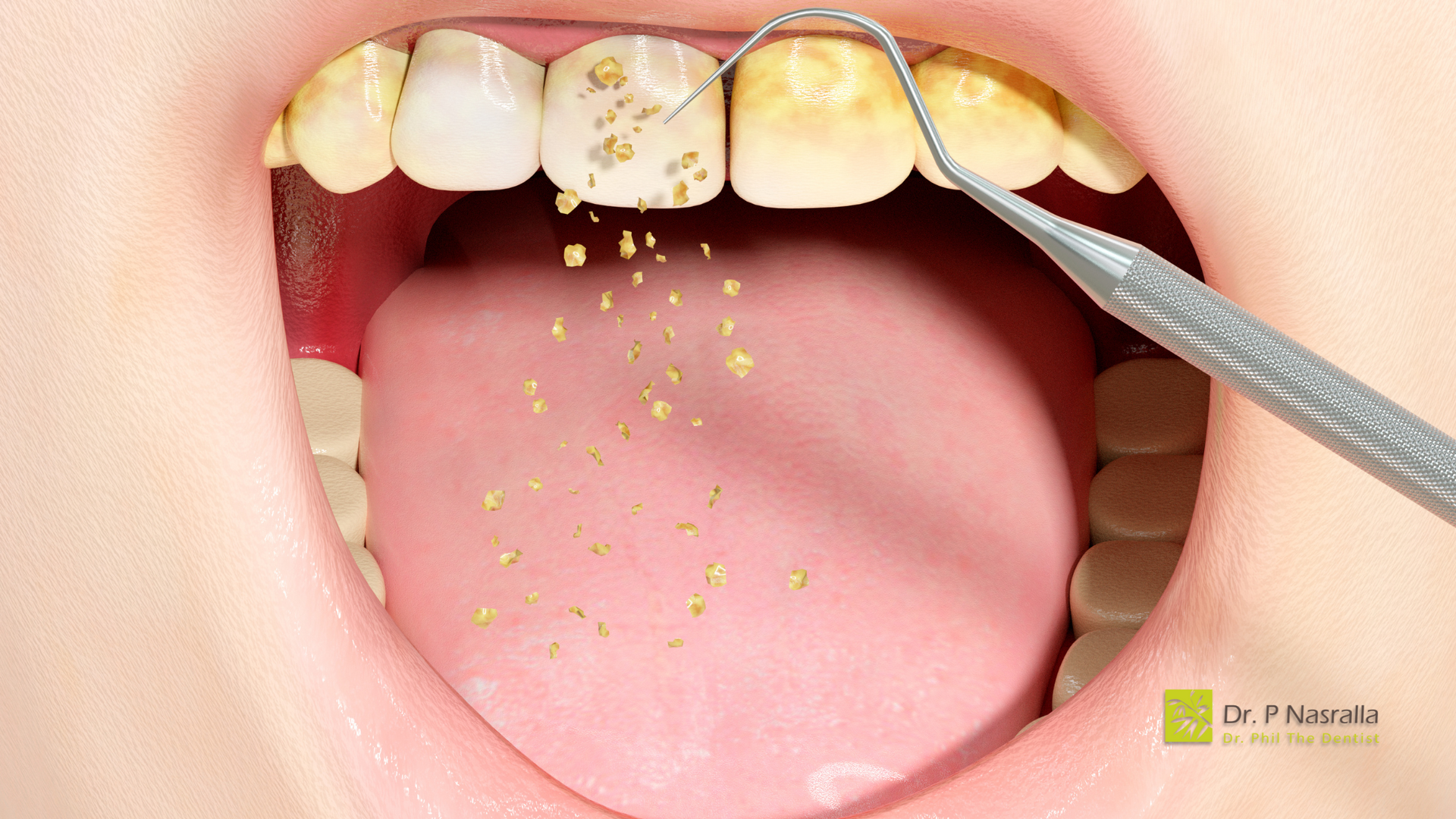
Plaque build-up is a result of the natural process of eating and drinking. When we consume foods, especially those high in sugars and starches, they interact with the bacteria in our mouths. This interaction produces acids that mix with food particles and saliva, forming plaque. Plaque formation is inevitable because our mouths are constantly exposed to food and drink. However, maintaining good oral hygiene can manage and reduce the build-up. Certain lifestyle choices, such as smoking and excessive consumption of sugary foods, can accelerate plaque formation. Additionally, people with braces or other dental appliances may find it harder to clean their teeth properly, leading to increased plaque build-up.
WHAT HAPPENS IF PLAQUE ISN'T REMOVED DURING A DENTAL CLEANING APPOINTMENT?
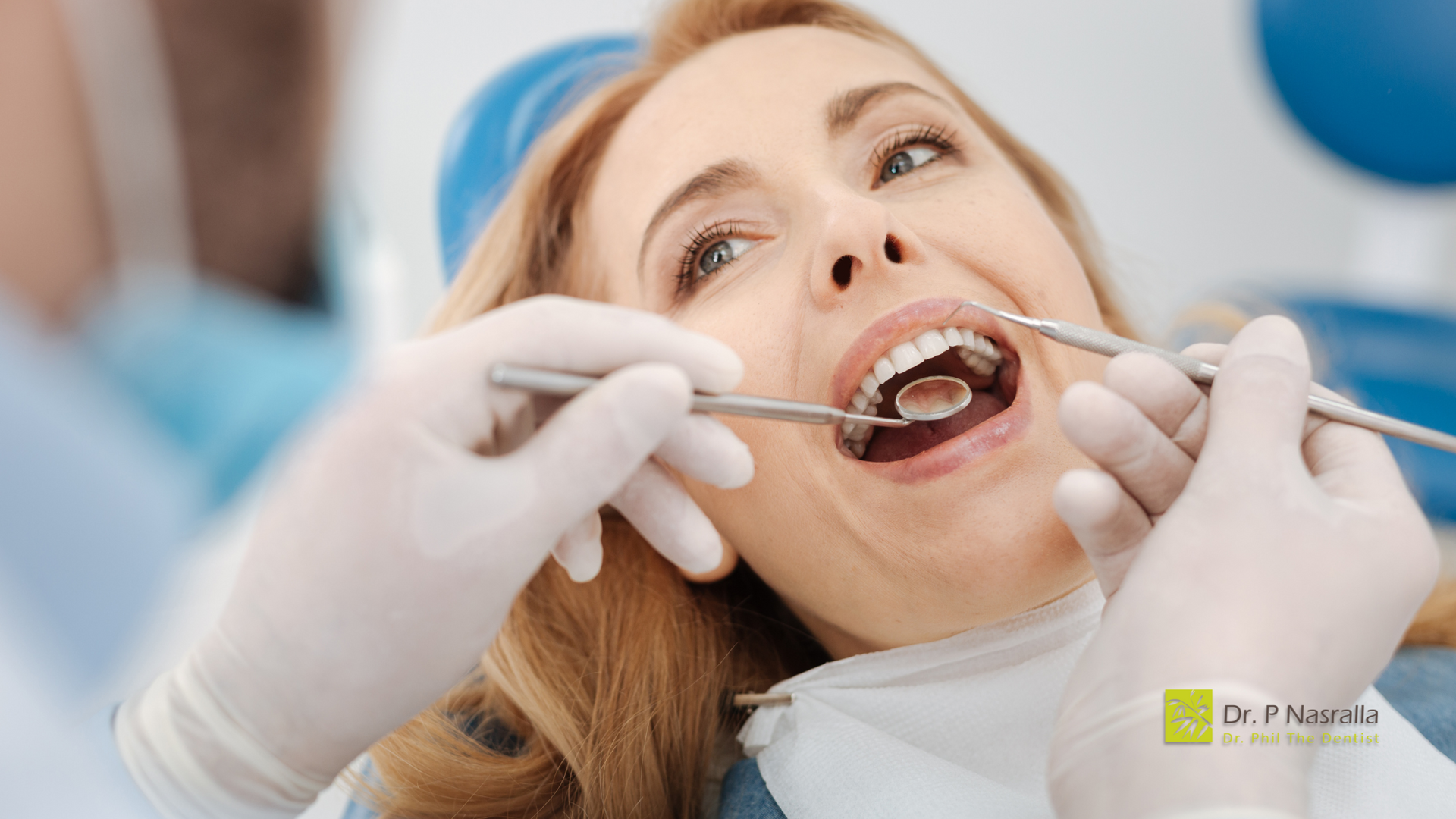
Failing to remove plaque during a dental cleaning appointment can have several negative consequences. Over time, plaque hardens into tartar, which is much more challenging to remove and can only be done by a dental professional. If plaque and tartar continue to build up, they can lead to gum disease, cavities, and tooth loss. The bacteria in plaque produce acids that attack tooth enamel, leading to decay and cavities. Moreover, tartar build-up can cause inflammation and infection of the gums, known as gingivitis, which can progress to more severe periodontal disease. Regular dental cleanings at our practice are essential to prevent these complications and maintain optimal oral health.
WHAT IS THE DIFFERENCE BETWEEN PLAQUE AND TARTAR?
Plaque and tartar are related but distinct dental issues. Plaque is a soft, sticky film that forms on the teeth and gums daily. It contains bacteria that produce acids, leading to tooth decay and gum disease if not removed through regular brushing and flossing. Tartar, on the other hand, is hardened plaque that has calcified on the teeth. Unlike plaque, tartar is much more difficult to remove and requires professional cleaning by a dentist or dental hygienist. Tartar can form both above and below the gumline, and its rough surface provides an ideal environment for further plaque accumulation, exacerbating dental problems.
THE IMPACTS OF PLAQUE

Many patients do not realize the impact plaque can have on our oral health and overall health if not prevented. If plaque is left untreated, it can become tartar, also known as dental calculus. Tartar is hardened plaque, appearing as a dark yellow or brown substance, and is much harder to remove than plaque, requiring a visit to our dental practice. Besides tartar, other impacts of plaque could cause oral health problems, including:
CAVITIES
A cavity is an area of the tooth that becomes a crevice. Cavities start as small holes but can become larger if left untreated, causing pain, sensitivity, and permanent damage. Cavities occur when plaque acids remove minerals from the tooth's outer layer, creating holes. Regular flossing and brushing with fluoride toothpaste can prevent cavities by removing plaque. At our dental practice, we often see patients who are unaware of the early stages of cavities because they are painless. It is crucial to have regular dental check-ups to catch cavities early and prevent them from worsening.
To illustrate, think about the foods and drinks consumed daily. Sugary snacks, sodas, and even certain fruits can leave residues that contribute to plaque formation. Without proper brushing and flossing, these residues turn into plaque, which eventually leads to cavities. The key to preventing cavities is maintaining a consistent oral hygiene routine and making healthier dietary choices.
GUM INFLAMMATION
Our mouths are the gateway to our bodies; everything we consume impacts us. Symptoms like inflamed gums indicate potential issues, such as plaque build-up or gum disease. Inflamed gums can cause discomfort and lead to severe problems. They appear red and swollen around the gumline. Plaque acids break down the tooth surface and irritate gums, potentially causing gingivitis or periodontitis. Regular dental visits every three months can help prevent gum disease.
Gum inflammation, also known as gingivitis, is an early stage of gum disease and is reversible with proper care. However, if left untreated, it can progress to periodontitis, a more severe form of gum disease that can lead to tooth loss. Signs of gingivitis include bleeding gums, especially when brushing or flossing, and persistent bad breath. At our practice, we emphasize the importance of recognizing these signs early and seeking treatment promptly.
In addition to brushing and flossing, using an antibacterial mouthwash can help reduce gum inflammation. Antibacterial mouthwashes can kill bacteria that brushing and flossing might miss, providing an extra layer of protection against gum disease. Incorporating these steps into your daily routine can make a significant difference in your gum health.
HALITOSIS
Halitosis, or bad breath, is a strong odor from the oral cavity, often caused by plaque build-up. Food lodged between teeth provides bacteria an opportunity to thrive, leading to bad breath. If untreated, it could become a permanent condition. Persistent bad breath warrants a visit to us to ensure it remains a temporary issue.
Bad breath can be embarrassing and affect one's confidence. It is often a sign of underlying dental issues that need to be addressed. Apart from plaque build-up, other causes of halitosis include dry mouth, certain medications, and underlying health conditions. At Dr. Phil The Dentist, we conduct thorough evaluations to determine the cause of bad breath and provide appropriate treatment.
For instance, if dry mouth is the culprit, we might recommend products that stimulate saliva production or suggest lifestyle changes to keep the mouth hydrated. For those with persistent bad breath despite good oral hygiene, a more detailed examination might reveal deeper issues such as gum disease or tooth decay. Addressing these issues not only improves breath but also overall oral health.
COMPLICATIONS OF PLAQUE AND TARTAR BUILD-UP
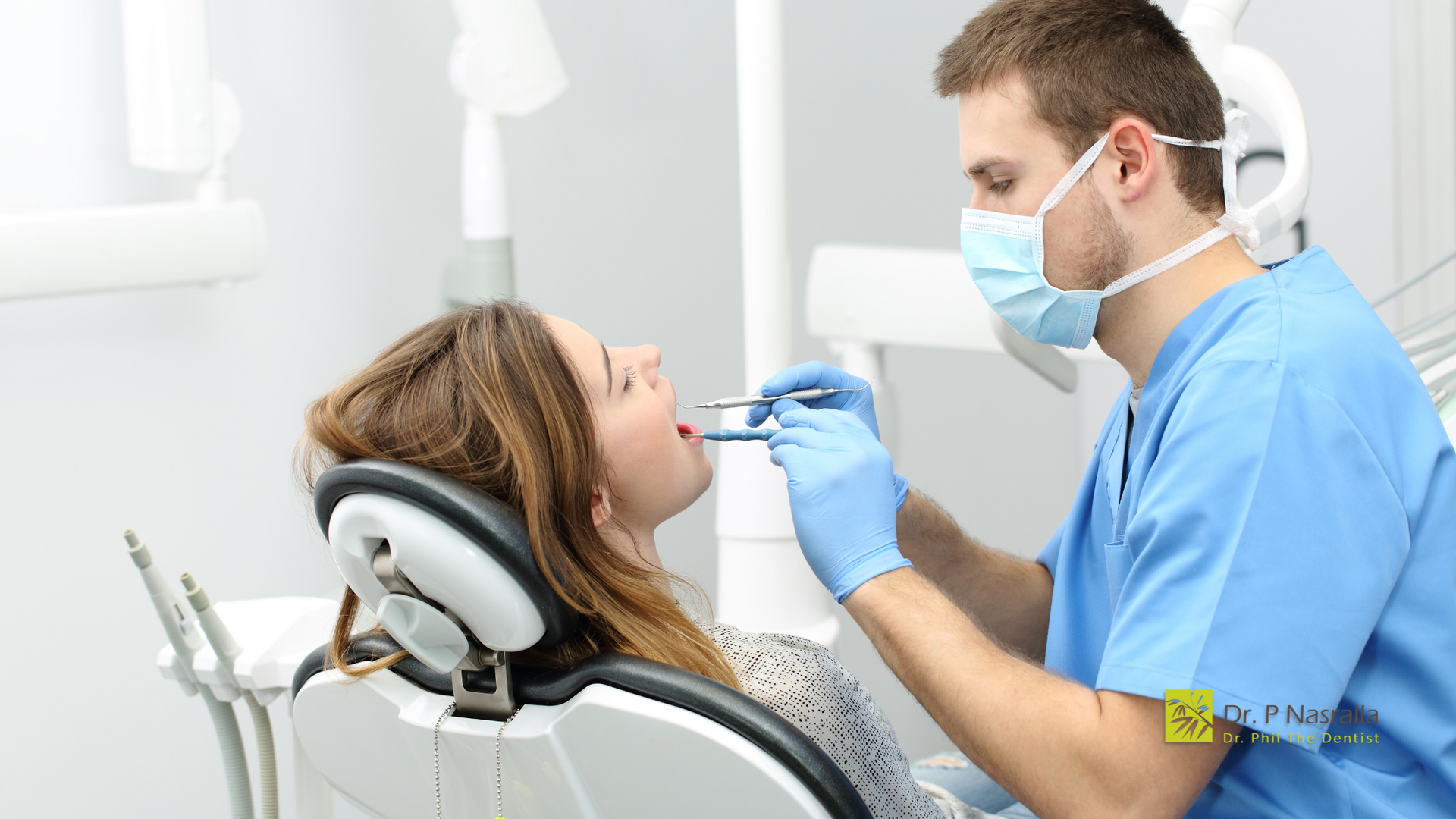
The complications of plaque and tartar build-up extend beyond oral health. Persistent plaque and tartar can lead to chronic bad breath, tooth decay, and gum disease, which in turn can cause tooth loss. Additionally, research has shown a link between oral health and overall health, with gum disease being associated with conditions such as heart disease, diabetes, and respiratory problems. The bacteria from gum disease can enter the bloodstream, potentially leading to systemic inflammation and affecting other parts of the body. Therefore, maintaining good oral hygiene is not only crucial for a healthy mouth but also for overall well-being.
PREVENTING PLAQUE BUILD-UP

Preventing plaque build-up is a routine part of our everyday health care. Some preventive measures include:
FLOSSING DAILY
Flossing daily is crucial for removing plaque that builds up between teeth and below the gumline. Many people underestimate the importance of flossing, but it is as vital as brushing. At our dental practice, we recommend using dental floss or interdental brushes to reach areas that a toothbrush cannot.
BRUSHING TWICE A DAY
Brushing twice a day with fluoride toothpaste is another essential step in preventing plaque build-up. Fluoride helps strengthen tooth enamel, making it more resistant to acid attacks from plaque bacteria. Using the correct brushing technique, including brushing the tongue, can help reduce bacteria in the mouth and prevent bad breath.
DRINKING WATER
Drinking water is not only vital for overall health but also for oral health. Water helps wash away food particles and bacteria, reducing the risk of plaque formation. It also helps keep the mouth hydrated, which is essential for saliva production. Saliva plays a significant role in neutralizing acids produced by bacteria in plaque, protecting the teeth from decay.
MAKING HEALTHY FOOD CHOICES
Making healthy food choices can significantly impact oral health. Consuming a balanced diet rich in fruits, vegetables, lean proteins, and whole grains can reduce the risk of plaque build-up. Limiting sugary and starchy foods is crucial, as these contribute to plaque formation. If indulging in such foods, brushing soon after can help mitigate the effects.
VISITING THE DENTIST
Visiting the dentist regularly is the best way to ensure plaque and tartar do not build up. Professional teeth cleaning by a dental hygienist removes plaque and tartar that regular brushing and flossing cannot. At Dr. Phil the Dentist, we recommend scheduling an appointment every three months for a thorough cleaning. This helps keep your teeth in pristine condition and prevents oral health issues.

While plaque cannot be completely avoided, it can be managed. Avoid overindulging in sugars or starches, and rinse the mouth with water after consuming them to dislodge food particles or bacteria. At Dr. Phil The Dentist, we are committed to helping our patients maintain excellent oral health. By following these preventive measures and visiting us regularly at Dr. Phil The Dentist in Comox, British Columbia, you can keep your teeth healthy and free from plaque.

